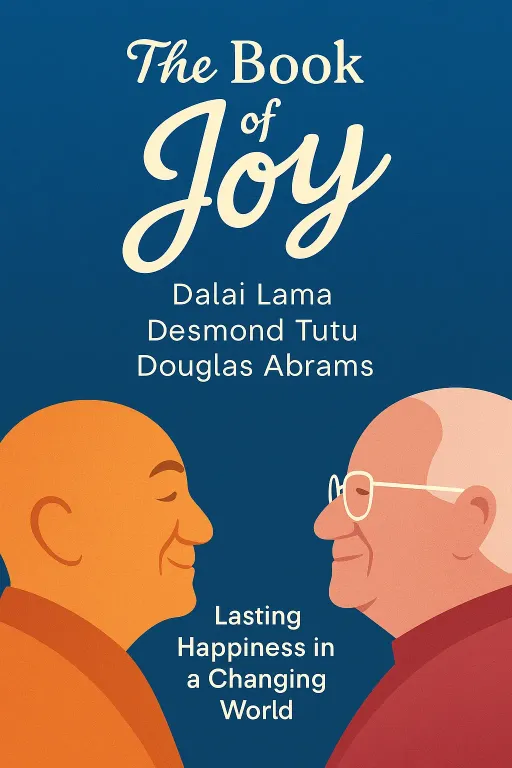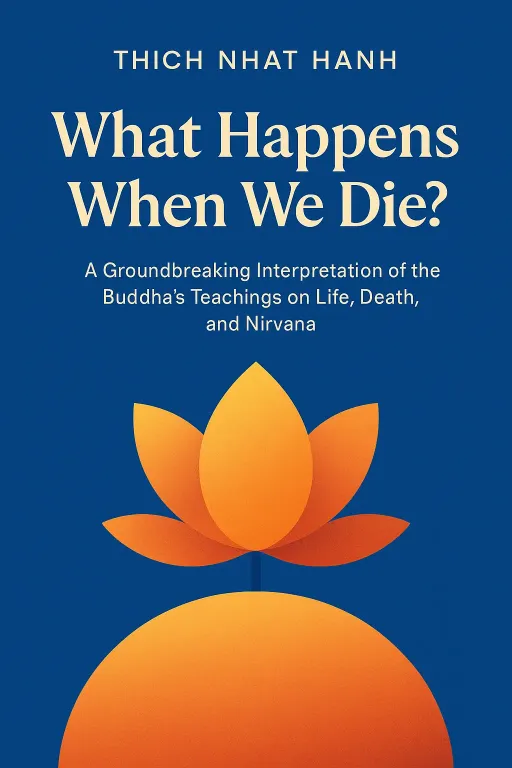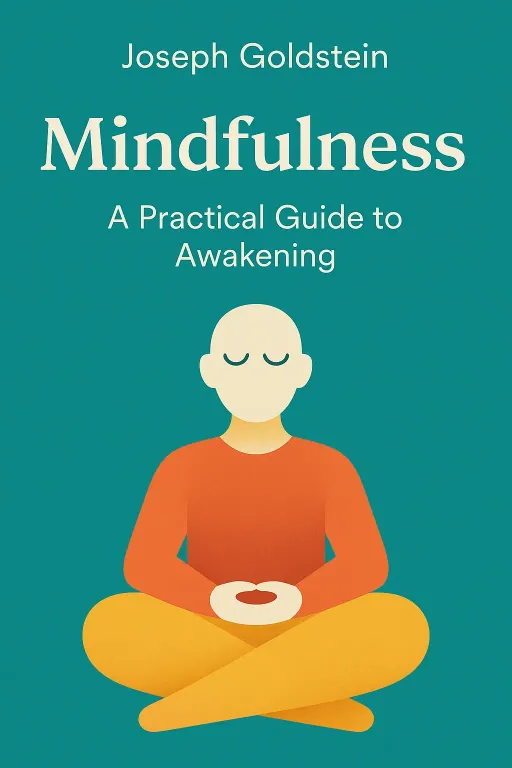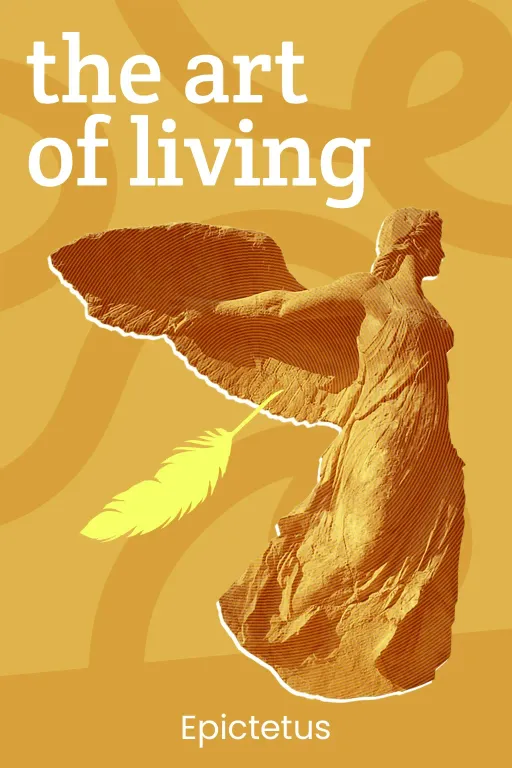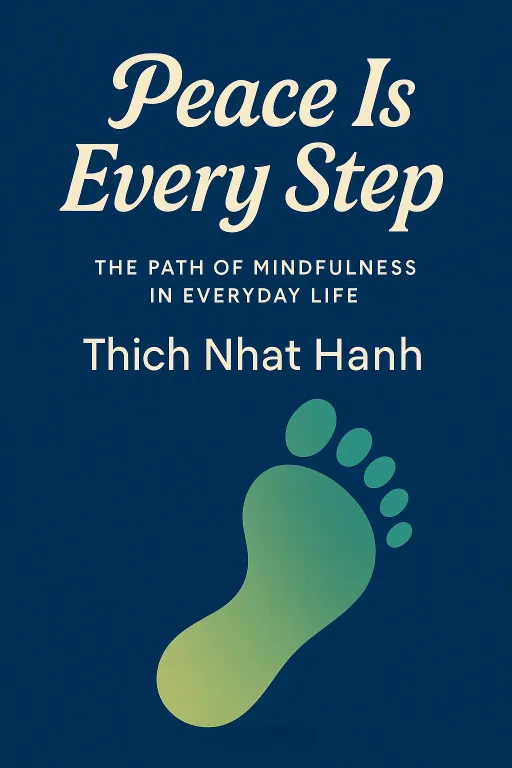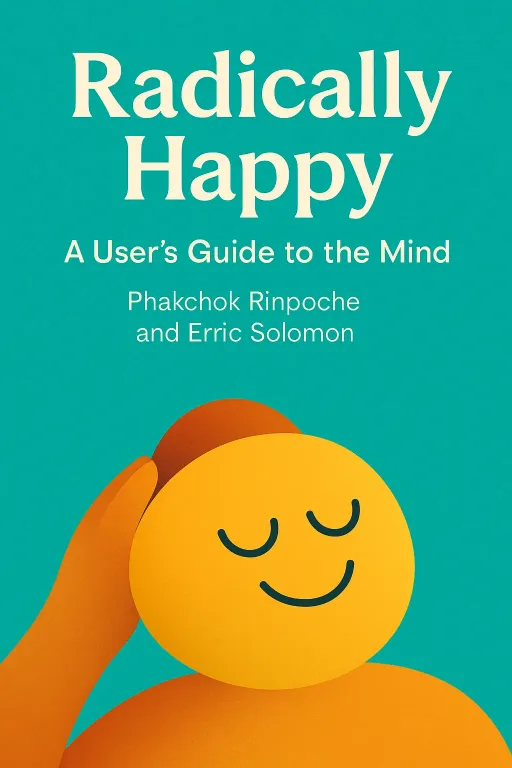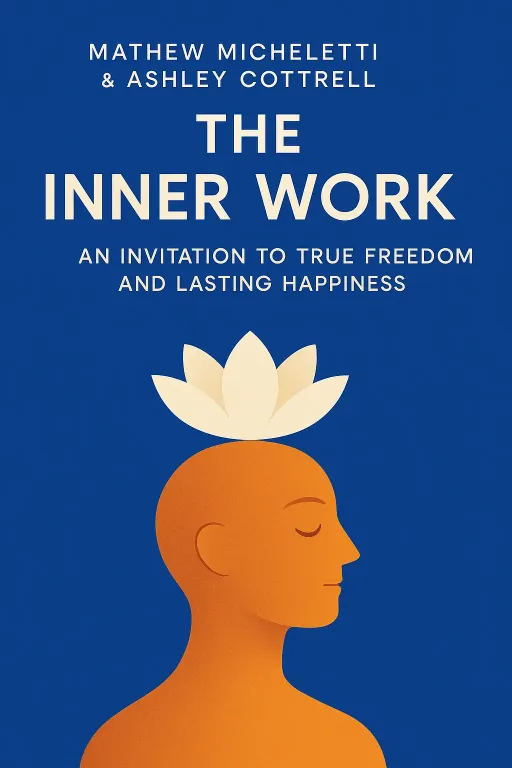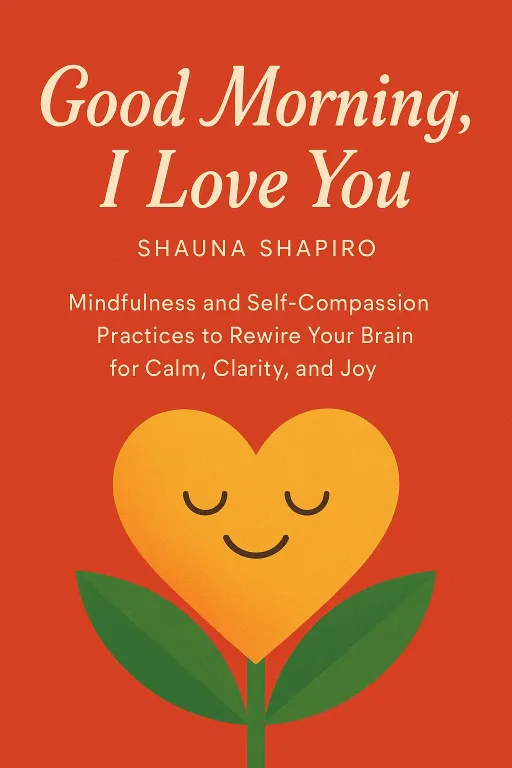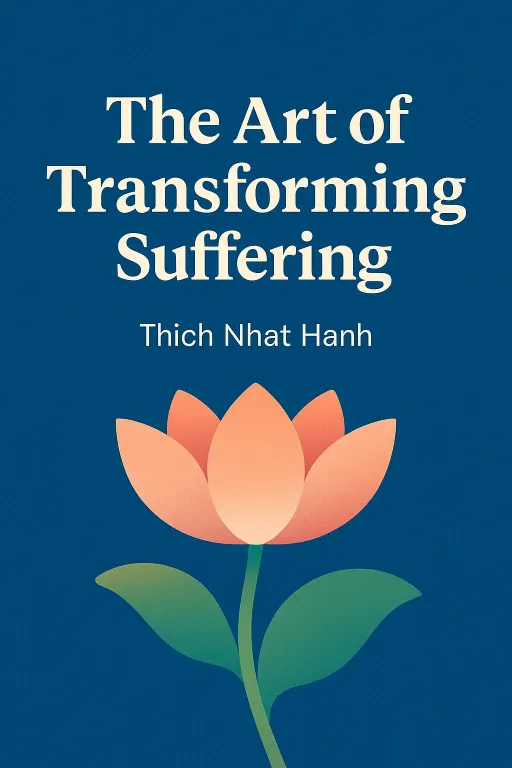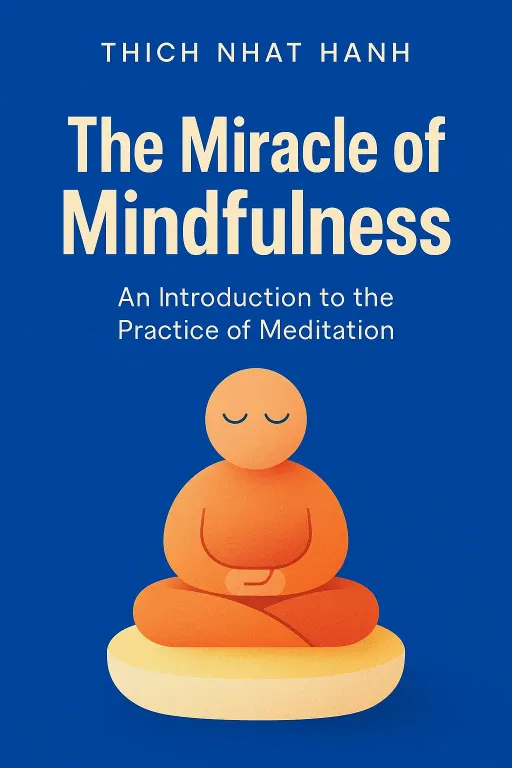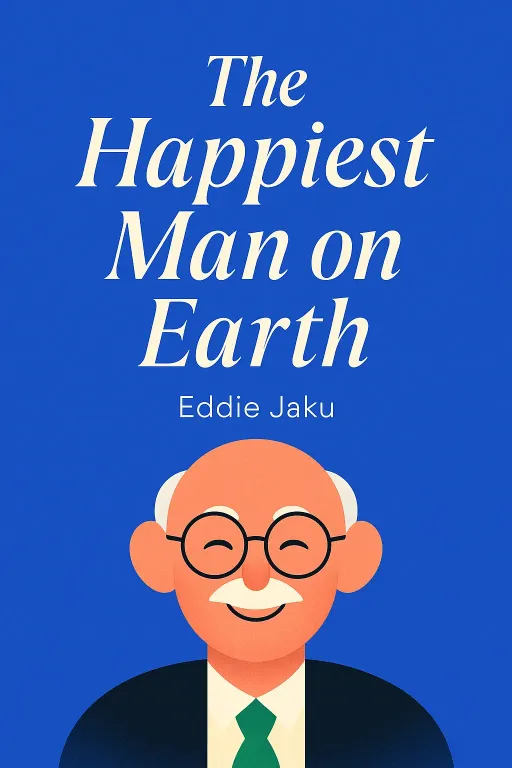
The Happiest Man on Earth
8 minIntroduction
Narrator: A man who stared evil in the face, who saw the horrors of the Nazi death camps and the systematic effort to exterminate his people, declares himself the happiest man on Earth. This is not a paradox; it is a choice. It is the story of a man who lived for a century, enduring the very worst of humanity in Buchenwald and Auschwitz, yet made a vow to smile every day. How can someone who lost his family, his home, and his dignity find not just peace, but profound happiness?
In his powerful and hopeful memoir, The Happiest Man on Earth, Eddie Jaku provides the answer. He shares his story not to recount his pain, but to share his hope, offering a blueprint for finding light in the deepest darkness and proving that life can be beautiful if you choose to make it so.
The Foundation of Values
Key Insight 1
Narrator: Long before the horrors of the war, Eddie Jaku’s life was shaped by a powerful lesson from his father: kindness and family are more precious than money. Growing up in Leipzig, Germany, Eddie’s father, Isidore, was a successful man who believed that good fortune was meant to be shared. Every Friday, his mother would bake extra loaves of challah bread, not for their family, but for his father to take to the synagogue and give to those in need. He would often tell his son, "A man is worth more than his bank account." This philosophy became the bedrock of Eddie’s character.
This emphasis on non-material wealth extended to education. When the Nazis expelled Eddie from school for being Jewish, his father orchestrated a dangerous plan. He obtained false papers for Eddie, transforming him into a gentile German orphan named Walter Schleif, and sent him to a prestigious engineering college. For five lonely years, Eddie lived a double life, excelling in his studies while cut off from his family. His father’s words echoed in his letters: "I know it is very difficult, but one day you will thank me." These skills, and the values of generosity and familial love instilled in him, would prove to be his most vital tools for survival.
The Sudden Collapse of a World
Key Insight 2
Narrator: In November 1938, Eddie returned home to celebrate his parents' anniversary, unaware he was walking into the inferno of Kristallnacht, the "Night of Broken Glass." The world he knew vanished overnight. Nazi thugs stormed his home, beat him mercilessly, and murdered his beloved dachshund, Lulu, for trying to protect him. They dragged him into the street and forced him to watch as they destroyed everything his family had built.
What haunted Eddie most was not just the violence of the Nazis, but the complicity of his neighbors. People he had considered friends now jeered as Jewish people were brutalized. He later reflected, "How is it possible to create enemies from friends, to create such hate?" This sudden, shocking transformation of an entire society taught him a terrifying lesson: weakness can be turned into hatred. He believed that if enough ordinary people had stood up and said "Enough!", the course of history might have been different. This night stripped him of his home, his freedom, and his pride in being German, leaving him with a question that would follow him for the rest of his life.
The Lifeline of Friendship in the Depths of Hell
Key Insight 3
Narrator: Upon arrival at Auschwitz, prisoners were systematically stripped of everything that made them human: their clothes, their hair, their possessions, and even their names, which were replaced with a tattooed number. In this abyss of dehumanization, where the average survival time was mere months, Eddie discovered the single most powerful force for survival: friendship.
His lifeline was a man named Kurt. They had known each other before the war, and their reunion in the camp was a miracle. They made a pact to look after one another. Every day, they would meet to walk and talk, a small ritual that preserved their sanity. Kurt, who worked as a shoemaker, had access to extra food and always shared it with Eddie. When Eddie fell ill, Kurt risked a beating to sneak him a bowl of hot soup. They hid small gifts for each other in a hollowed-out brick in a toilet wall. This bond was more than just practical; it was a constant reminder of their humanity. As Eddie states, a friend is someone who reminds you to feel alive. In a place designed for death, their friendship was an act of ultimate defiance.
Survival Through Purpose and Hope
Key Insight 4
Narrator: Eddie’s father had been right. The engineering education he had sacrificed so much for became a key to his survival. Recognized as a skilled toolmaker, Eddie was classified as an "Economically Indispensable Jew." This status, while still subjecting him to the horrors of the camp, saved him from the gas chambers on three separate occasions. His skills gave him a purpose, a reason for the Nazis to keep him alive, even as they exploited his labor.
This sense of purpose was fueled by an unshakeable hope. During the Death March from Auschwitz in the dead of winter, when thousands were shot or froze to death, Eddie was driven by one thought: he might see Kurt again. This hope gave him the strength to endure. Later, after a daring escape from another camp, he hid in a forest, surviving on slugs and snails until he was deathly ill. He crawled to a highway, on the verge of giving up, where he was finally rescued by American soldiers. In the hospital, with only a 35% chance of living, he held onto the belief that "Where there is life, there is hope." This mantra, the belief that his body could do miraculous things if his morale was strong, carried him through.
The Ultimate Revenge is a Joyful Life
Key Insight 5
Narrator: After the war, Eddie was confronted with the ghosts of his past. He saw collaborators living freely in Brussels and experienced lingering anti-Semitism. The pain was immense, and the desire for revenge was a powerful temptation. However, he soon realized that hate is a disease that destroys the hater from within.
The true turning point came when he met Flore Molho, a fellow survivor. They fell in love, married, and started a new life in Australia. The moment their first son, Michael, was born, Eddie made a promise. He held his newborn son and vowed that from that day forward, he would be happy, kind, and helpful. He would dedicate his life to his family and to spreading joy. He understood then that living a full, happy life—filled with love, family, and laughter—was the only revenge that mattered. It was a victory over the forces of hatred that the Nazis could never take away. By choosing to be the happiest man on Earth, he was proving them wrong every single day.
Conclusion
Narrator: The most profound takeaway from Eddie Jaku's life is that happiness is not a product of circumstance, but a conscious and courageous choice. It does not fall from the sky; it is built, moment by moment, from within. Even after witnessing the depths of human depravity, Eddie taught that the antidote to hate is not more hate, but a radical commitment to love, kindness, and friendship.
His story leaves us with a powerful challenge. Eddie Jaku dedicated his life to being a friend to the world, believing that every small act of kindness contributes to a better society. His legacy asks us a simple but life-altering question: What choice will you make today to bring more light into the world?
